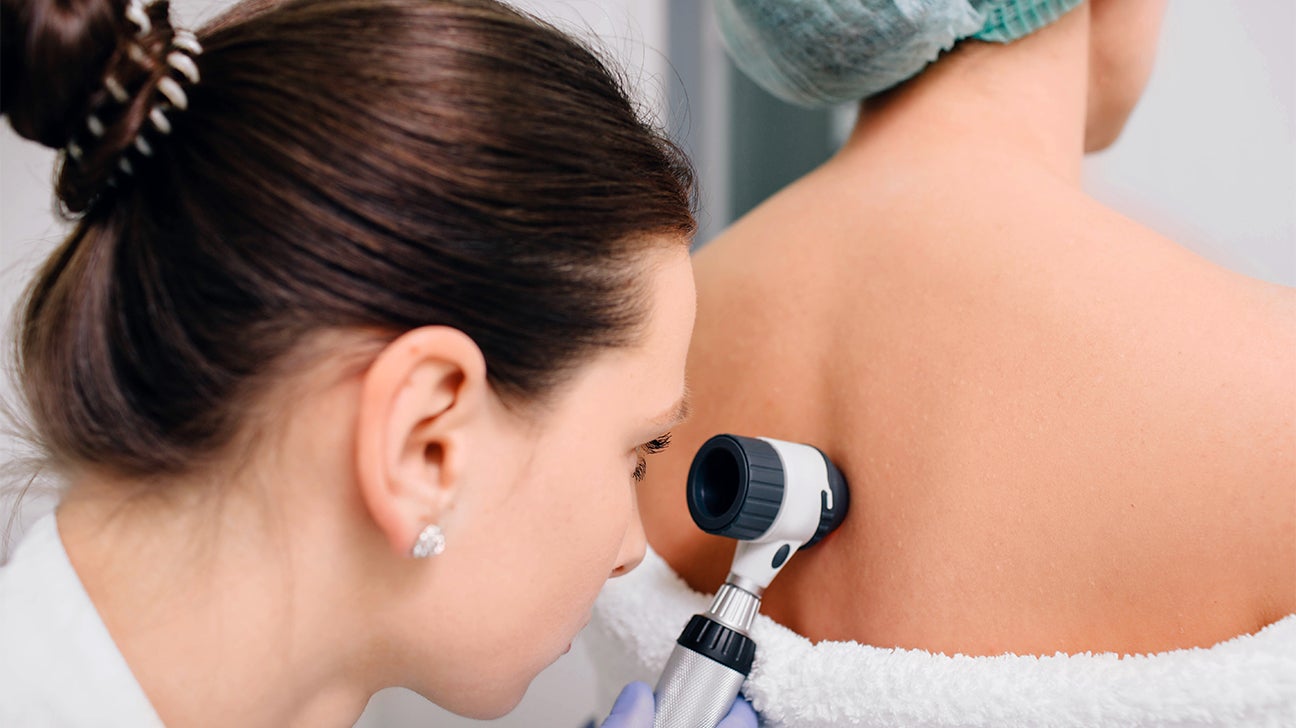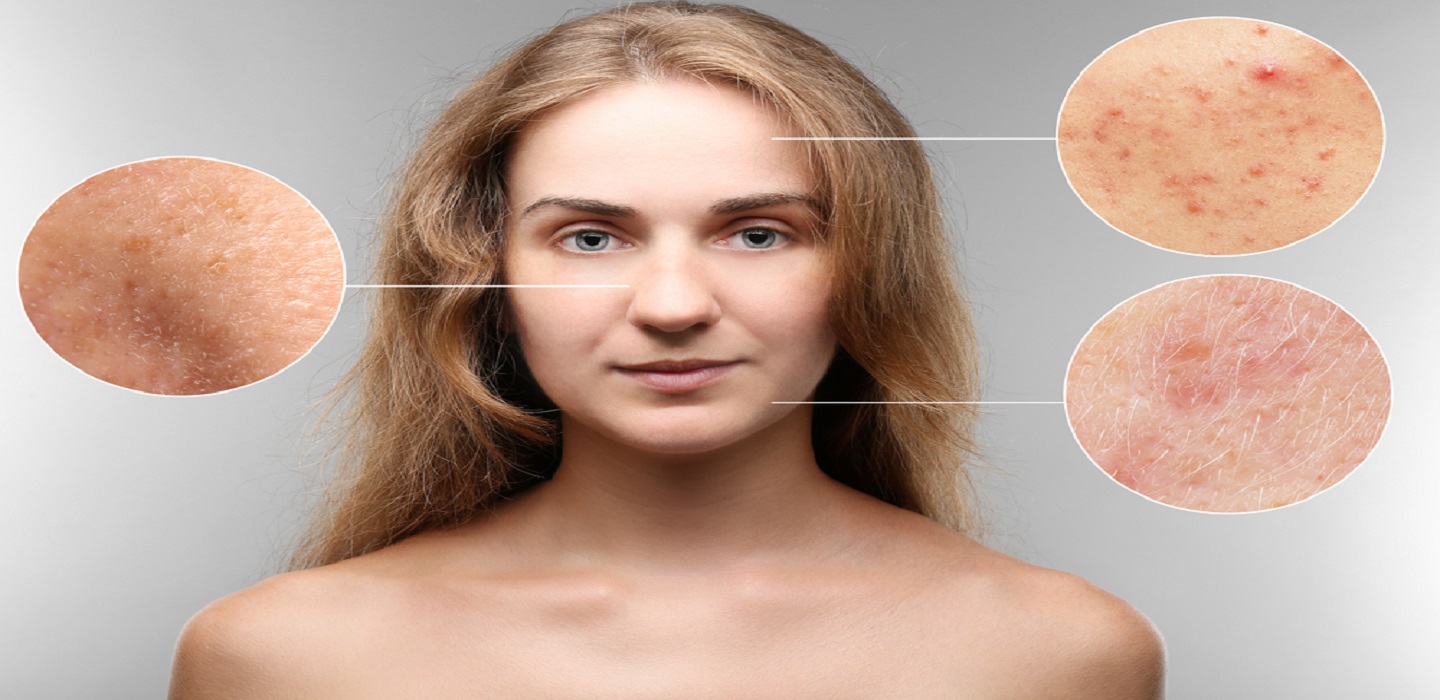1. Understanding the Role of a Dermatologist near me
The Dermatologist’s Expertise in Skin, Hair, and Nail Care
Dermatologists near me are experts in caring for the skin, hair, and nails. They diagnose and treat various conditions like acne, eczema, and skin cancer. Dermatologists not only address skin concerns but also tackle hair loss, scalp issues, and nail infections. Find expert care near you for comprehensive treatment. Dermatologist near me provide personalized treatment plans and offer preventive care advice to maintain healthy skin, hair, and nails. They expertise ensures comprehensive care for these essential aspects of our overall well-being.
Comprehensive Dermatological Services near me
Comprehensive dermatological services encompass diagnosis, treatment, and preventive care for a range of skin, hair, and nail conditions. Dermatologist near me offer services such as skin cancer screening, cosmetic procedures, laser therapies, surgical procedures, allergy testing, and patient education. Their expertise ensures thorough and well-rounded care for various dermatological concerns.

2. Why You Should See a Dermatologist Near Me: Key Skin Conditions
Acne: Dealing with Persistent Breakouts
Dermatologist near me diagnose and create personalized treatment plans for acne. They recommend topical treatments, oral medications, and in-office procedures if needed. Dermatologists provide guidance on skincare routines, prevention, and long-term management of acne. Dermatologist near me can also address scarring and hyperpigmentation caused by acne. Regular follow-ups with a dermatologist are crucial for effective acne management.
Psoriasis: Managing Chronic Skin Inflammation
Dermatologists help manage psoriasis, a chronic skin condition. They provide treatments to reduce inflammation and control flare-ups. Options may include topical medications, systemic treatments, and lifestyle modifications. Regular consultations with a dermatologist are essential for effective psoriasis management.
Eczema: Finding Relief for Dry, Irritated Skin
They provide solutions to alleviate eczema symptoms. They offer treatments to moisturize and soothe dry, irritated skin. Personalized recommendations and prescription medications can help manage eczema effectively.
Rosacea: Addressing Persistent Facial Redness
Dermatologists specialize in treating rosacea, a chronic skin condition causing facial redness. They offer solutions to manage and reduce persistent redness. Treatment options may include topical creams, oral medications, laser therapies, and lifestyle adjustments. Dermatologist guidance is vital for effective rosacea management.
Varicose Veins: Treating Vein-related Concerns
Dermatologists provide treatments for varicose veins, addressing concerns related to these enlarged and twisted veins. They offer options such as sclerotherapy, laser therapy, or minimally invasive procedures to improve vein appearance and alleviate associated symptoms. Dermatologists play a key role in managing varicose vein issues.
Skin Cancer: Early Detection and Prevention
Dermatologist near me play a crucial role in the early detection and prevention of skin cancer. They conduct regular skin cancer screenings, identify suspicious moles or lesions, and provide guidance on sun protection measures. Dermatologists are essential in promoting skin cancer awareness and ensuring timely intervention for effective treatment.

3. What to Expect During Your Dermatology Visit
Initial Consultation and Evaluation
During the initial consultation, dermatologists evaluate your skin, hair, and nails, taking into account your medical history and concerns. This assessment helps them develop a personalized treatment plan for your specific needs.
Diagnostic Tools and Procedures
Dermatologists utilize various diagnostic tools and procedures to assess skin, hair, and nail conditions. These may include visual examinations, dermoscopy (skin imaging), biopsies, patch testing for allergies, and microbial cultures. These assessments aid in accurate diagnoses and guide the development of effective treatment plans.
Treatment Options and Recommendations
Dermatologists provide a range of treatment options and personalized recommendations for various skin, hair, and nail conditions. These may include topical medications, oral treatments, lifestyle modifications, cosmetic procedures, or surgical interventions. Following their expert advice ensures tailored care and optimal outcomes.
4. Exploring the Cost of Dermatological near me Services
Factors Affecting the Cost of Dermatologist Visits
Several factors influence the cost of dermatologist near me visits, such as:
– Type of service required (consultation, procedure, surgery)
– Complexity of the condition being treated
– Location and reputation of the dermatologist
– Health insurance coverage and copayment
– Additional tests or diagnostic procedures needed
– Follow-up visits and treatment duration
Understanding these factors helps patients plan for their dermatological care effectively.
Insurance Coverage and Payment Options
Insurance coverage varies for dermatologist visits, so it’s important to review your policy. Consider options like Health Savings Accounts (HSAs) or Flexible Spending Accounts (FSAs) to cover expenses. Out-of-pocket payment may be required for uncovered services, and payment plans or financing could be available. Contact your insurance provider and the dermatologist’s office for specific information.
Budgeting for Dermatological Care
When budgeting for dermatological care, consider these tips:
1. Review Insurance: Understand your health insurance coverage, including copayments and deductibles.
2. Research Costs: Compare fees for consultations, procedures, and treatments at different clinics.
3. Prioritize Essentials: Allocate budget for necessary medical services that address your needs.
4. Utilize Savings Accounts: Set aside funds in savings or use Flexible Spending Accounts (FSAs) or Health Savings Accounts (HSAs) for dermatological expenses.
5. Inquire about Payment Options: Check if the clinic offers payment plans or financing options to manage costs.
6. Emphasize Preventive Care: Invest in regular check-ups and screenings to catch potential issues early.
7. Consider Generics: Ask about cost-effective generic alternatives for prescribed medications.
8. Evaluate Budget: Determine how much you can comfortably allocate to dermatological care and adjust your budget accordingly.
Open communication with your dermatologist about your budget concerns can help find affordable treatment options.
5. Insurance Coverage for Dermatologist Near me Visits: A Closer Look

Health4Me Health Insurance: Coverage Overview
Health4Me health insurance provides coverage for a wide range of medical services, including dermatological care. It typically covers consultations, examinations, diagnostic tests, treatments, and procedures related to skin, hair, and nail conditions. However, it’s essential to review your specific Health4Me insurance policy to understand the details of your coverage, such as copayments, deductibles, and any limitations or exclusions.
Understanding Coverage Limitations and Exclusions
While Health4Me health insurance generally covers dermatological care, there may be certain limitations and exclusions to be aware of. These can include restrictions on specific treatments or procedures, pre-authorization requirements, or limitations on the number of visits allowed within a certain timeframe. It’s crucial to carefully review your insurance policy documentation or contact Health4Me directly to understand any limitations or exclusions that may apply to dermatological services.
Steps to Verify Insurance Coverage for Dermatology
To verify your insurance coverage for dermatology services under your Health4Me health insurance, follow these steps:
1. Review Policy Documents: Carefully read through your Health4Me insurance policy documentation to understand the coverage details specific to dermatological care.
2. Contact Health4Me: Reach out to Health4Me’s customer service or claims department to inquire about your coverage for dermatology services. Provide them with the necessary information, such as your policy number and details of the specific services or treatments you are seeking.
3. In-Network Providers: Determine if there are any preferred or in-network dermatologists or clinics within the Health4Me network. Visiting in-network providers often results in higher coverage and lower out-of-pocket costs.
4. Pre-Authorization: If required by your insurance policy, work with your dermatologist’s office to obtain pre-authorization for specific procedures or treatments. This helps ensure that they will be covered by your insurance.
5. Confirm Coverage: Before receiving any dermatological services, confirm with both your dermatologist and Health4Me that the services are covered by your insurance and that you understand any associated costs, copayments, or deductibles.
By following these steps, you can verify your Health4Me insurance coverage for dermatology and have a clear understanding of what services are included and any financial responsibilities you may have.
6. Additional Reasons to See a Dermatologist Near me
Signs of Aging: Nurturing Healthy Skin as You Age
As we age, our skin undergoes changes, such as wrinkles, fine lines, and loss of elasticity. Dermatologists offer strategies to nurture healthy skin, including skincare routines, lifestyle modifications, and cosmetic treatments like fillers or laser therapies.
Hair Loss: Seeking Solutions for Thinning Hair
Hair loss can be distressing, but dermatologists can help. They evaluate the underlying causes of hair loss and provide personalized treatment options such as topical medications, oral supplements, PRP therapy, or hair transplant procedures.
Infections: Addressing Skin Infections and Rashes
Skin infections and rashes can be uncomfortable and concerning. Dermatologists diagnose and treat various infections, including fungal, bacterial, or viral conditions. They prescribe appropriate medications or recommend topical treatments to alleviate symptoms and promote healing.
Hyperpigmentation: Treating Skin Discoloration
Hyperpigmentation refers to dark patches or spots on the skin. Dermatologists offer treatments such as topical creams, chemical peels, or laser therapies to reduce hyperpigmentation and even out skin tone.
Persistent Facial Redness: Identifying Causes and Treatments
Persistent facial redness can be a sign of underlying conditions like rosacea or skin sensitivity. Dermatologist near me diagnose the cause and provide tailored treatments, including topical medications, oral antibiotics, laser therapies, or lifestyle modifications to manage redness effectively.
7. Conclusion: Prioritizing Skin Health with Dermatological Care
Taking Action for Healthy Skin
Maintaining healthy skin requires proactive steps. Dermatologist near me advise practicing good skincare habits such as daily cleansing, moisturizing, and sun protection. They also encourage regular skin checks, early detection of potential issues, and prompt treatment when necessary.
Promoting Skin Wellness and Preventive Care
Dermatologists emphasize the importance of preventive care to promote skin wellness. This includes regular skin examinations, screenings for skin cancer, and awareness of potential risk factors. They also educate patients on lifestyle choices, such as maintaining a healthy diet, staying hydrated, managing stress, and avoiding harmful habits like smoking or excessive sun exposure. By prioritizing preventive care, individuals can enhance their overall skin health and reduce the likelihood of developing dermatological conditions.
